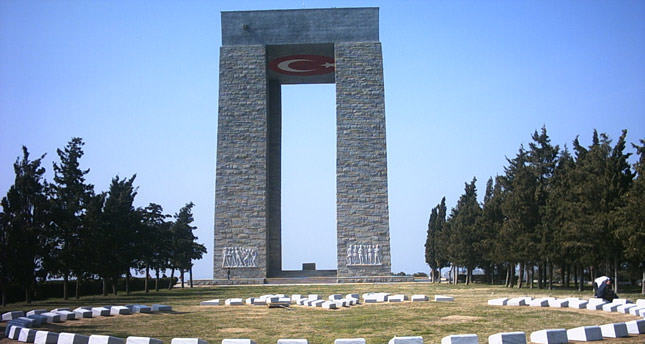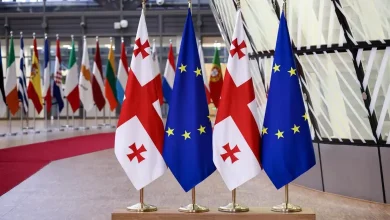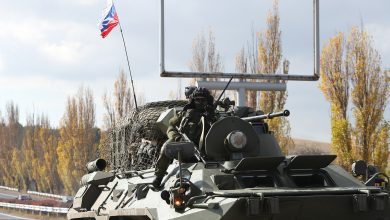Today’s Zaman: Turkey’s politicization of Gallipoli hurts national legacy

The Turkish government’s move this year to invite political leaders from around the world to commemorate World War I’s Gallipoli Campaign on April 24-25, a date chosen to compete with Armenia’s centennial commemoration of the Genocide, has only served to politicize the Gallipoli legacy, which should be a source of pride for the Turkish nation, Today’s Zaman writes.
Turkey traditionally commemorates its fallen soldiers in the Gallipoli Campaign – also known as the Battle of Çanakkale – on March 18. Only two years ago, then-President Abdullah Gül marked the 98th anniversary of the battle on that date. No one in Turkey at the time suggested that it should be remembered on April 24. Turkey has commemorated the battle – one of the bloodiest of World War I – on March 18 to coincide with the day Britain started its bombardment of the Dardanelles.
The change in date of this year’s commemorations has been widely perceived as a crude attempt to distract attention from Armenian commemorations of the 1915 massacres and forced deportations which decimated the Ottoman Armenian population, which Armenians commemorate on April 24.
“The game TR gov’t is playing with Gallipoli – politicizing it to compete with Armenian Genocide commemorations – is utterly disgusting, in my opinion,” Alex Christie-Miller, an Istanbul-based journalist working for The Times, Newsweek Europe and the Christian Science Monitor, posted on his Twitter account on March 19.
Joost Lagendijk, a former Green Party deputy in the European Parliament who also served as the co-chairman of the EU-Turkey Joint Parliamentary Committee, also criticized Turkey’s move to commemorate the Gallipoli Campaign on the same day as the Armenian commemorations, calling it a “shameless and all-too-transparent effort” to try and distract attention from the Armenian “Genocide” in his Today’s Zaman column on March 17. Lagendijk said that shifting the 100th anniversary of the Gallipoli Campaign to the same day “won’t work and it will unnecessarily discredit Turkey.”
Turkey’s move also offended Turkish citizens of Armenian descent. Speaking to Agos – a Turkish-Armenian weekly formerly edited by murder victim Hrant Dink — after Erdogan’s invitation, many Turkish citizens of Armenian descent reacted strongly to Erdoğan’s invitation to Sargsyan, calling it a “joke” and an “ill-mannered” act, and further criticizing it as a “political maneuver.”
Richard Giragosian, director of the Regional Studies Center (RSC), an independent think tank in Yerevan, said the timing of the Gallipoli invitation could not have been worse. In an email to Sunday’s Zaman in late January, Giragosian stated that Erdoğan’s move had triggered an intense negative reaction in Armenia and tended to confirm the perception of Turkey as an “insincere and unreliable interlocutor.”
Speaking to France 24, Armenian President Serzh Sargsyan said “Turkish President Recep Tayyip Erdogan’s decision to change this year’s Gallipoli commemoration to coincide with Armenia’s marking of the 100th anniversary of the genocide was a cynical act.”








